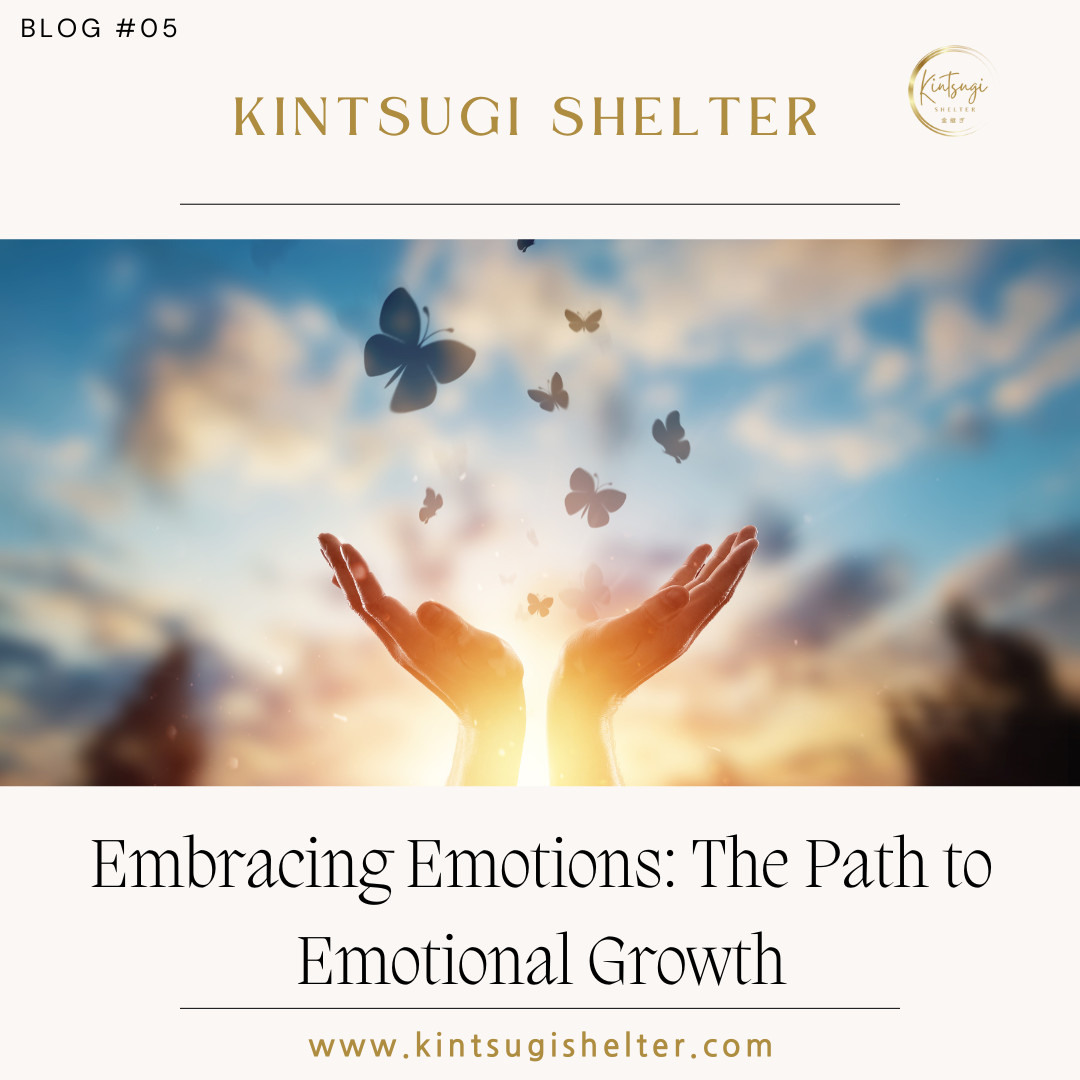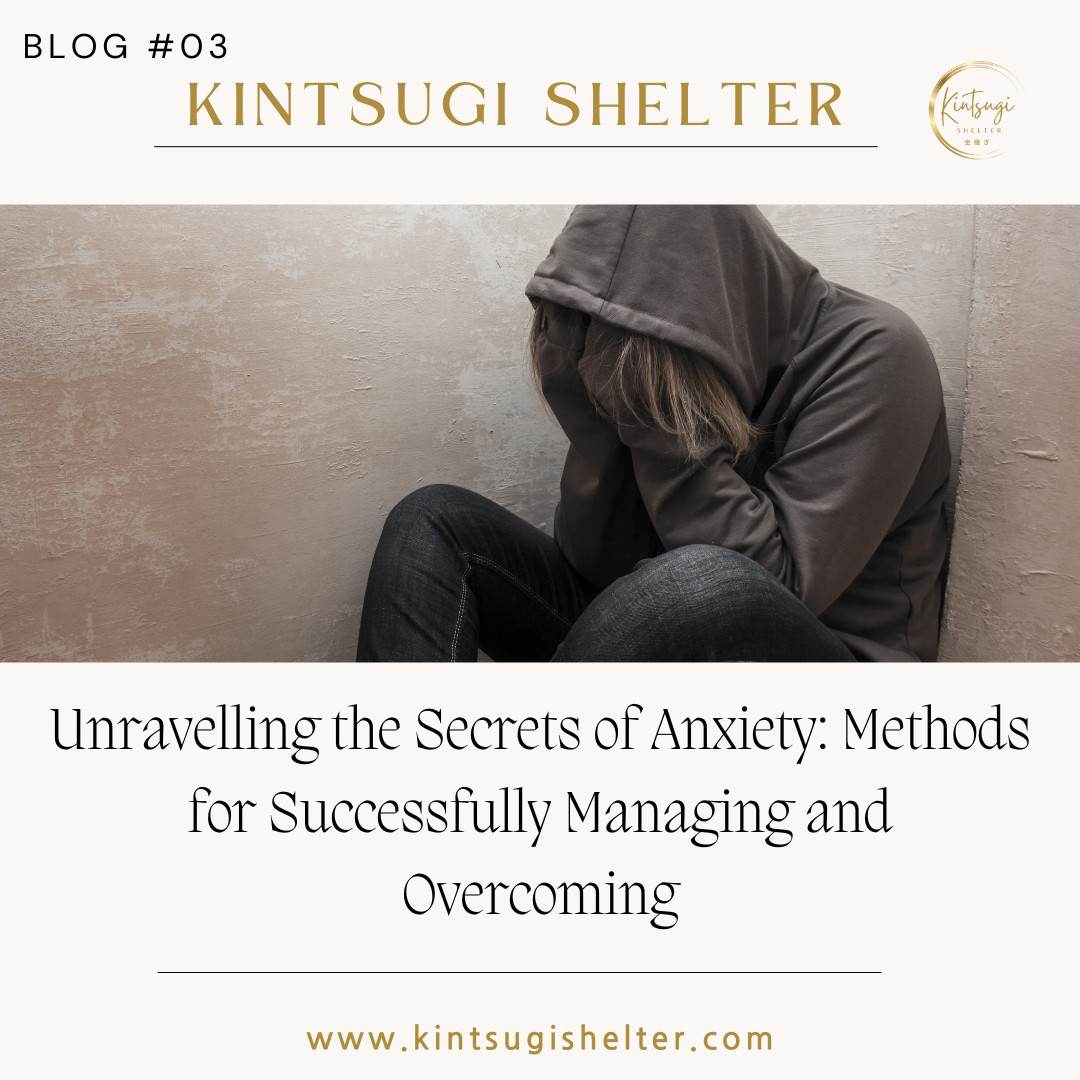
In the journey of self-improvement and discovery, we often refer to Abraham Maslow's hierarchy of needs, a structured pyramid that signifies our progression from basic needs to reaching the pinnacle of self-actualization. However, this depiction oversimplifies our complex journey through life, which is better represented as a sailboat navigating the unpredictable seas of existence. Rather than ticking off needs on a linear path, we engage in a dynamic dance with our desires and setbacks, reflecting the nuanced process of growth and self-discovery.
The sailboat metaphor serves as a powerful tool to understand the multifaceted aspects that influence our daily lives and well-being. The boat's components—such as the water symbolizing our life's stage, the steering wheel guiding us through our values, and the sails representing our strengths—work in harmony to propel us forward. However, challenges like leaks (our weaknesses) and adverse weather (unpredictable life circumstances) remind us of the importance of resilience and the need to continuously adapt and repair our vessel to ensure a fulfilling journey.
This voyage through life requires us to balance our boat's essentials—safety, connection, and self-esteem—while navigating toward our goals and aspirations. By acknowledging the roles of internal emotions and the influence of those around us (other boats), we can steer our sailboat with confidence and purpose. Embracing the unpredictability of the waters ahead, the sailboat metaphor encourages us to explore our full potential by leveraging our strengths, addressing our weaknesses, and remaining adaptable to the ever-changing tides of life.
Read more...
Social media, an ever-evolving landscape, offers unprecedented connectivity yet fosters an environment ripe for social comparison. Platforms like Facebook and Instagram, with their daily deluge of 250 million pictures, escalate the opportunity for comparing lives, accomplishments, and social circles, often resulting in feelings of inadequacy and self-doubt. The Online Nation 2023 report underscores the extensive digital engagement of UK adults, highlighting a daily internet usage of over three hours that, despite its potential benefits, is primarily linked to diminished psychological well-being when dominated by social media.
The theory of social comparison, as articulated by Leon Festinger in 1954, posits that individuals assess their own worth by comparing themselves to others. This practice, especially prevalent on social media, can lead to a spectrum of emotional outcomes—from gratitude and motivation derived from downward comparison, to envy and low self-esteem stemming from upward comparison. Notably, while downward comparisons might foster a temporary boost in self-esteem, upward comparisons can both diminish self-worth and, conversely, inspire self-improvement. This contradictory nature underpins the complex psychological effects of social comparisons, emphasizing the importance of the quality, rather than the quantity, of these comparisons.
To forge a healthier relationship with social media, adopting cognitive-behavioural strategies is pivotal. Limiting usage time, being selective about who to follow, engaging in positive interactions, prioritizing real-life connections, practicing mindful sharing, and periodic digital detoxes can significantly mitigate the adverse effects of social media on mental health. By intentionally curating one's digital environment to foster positivity and authenticity, individuals can enjoy the benefits of connectivity without succumbing to the detrimental cycle of constant comparison and self-doubt. The journey towards a balanced digital life underscores the importance of embracing one's individual journey and achievements, rather than measuring them against the seemingly perfect lives displayed online.
Read more...
Emotions, fundamentally interwoven into the human experience, act as profound indicators of our inner states, guiding our perceptions, interactions, and decisions. They shape not only our personal growth and well-being but also our relationships and our ability to navigate life's challenges. Recognizing and honoring our emotions allows for richer, more authentic lives, encouraging us to learn from our experiences and grow from adversity.
In the realm of decision-making, emotions serve as a primary motivating force, often predetermining our actions based on predicted emotional outcomes rather than the outcomes themselves. This underlines the importance of understanding our emotional drivers behind every goal, revealing that our deepest desires for success, security, or love are fundamentally rooted in the quest for specific emotional states. By acknowledging this, we can better align our actions with our true emotional needs, fostering a more fulfilling life journey.
However, societal norms often dictate a selective acknowledgment of emotions, deeming some acceptable while dismissing others, leading to internal conflicts and emotional suppression. Embracing the full spectrum of our emotions, including those we are conditioned to avoid, can end this emotional turmoil, leading to greater stability and a more profound sense of peace. Identifying and understanding the purpose behind each emotion can help us navigate our emotional landscape more effectively, ultimately empowering us to meet our deepest needs and desires.
Read more...
In exploring the complex nature of human emotions and thoughts, the blog post delves into the concept of Acceptance and Commitment Therapy (ACT) and how it aids individuals in navigating the tumultuous journey of psychological well-being. It introduces the metaphor of "Passengers on the Bus," illustrating our mental processes as passengers on a journey through life, with us at the helm as bus drivers. This metaphor serves as a pivotal framework for understanding how we can accept and work with our thoughts and emotions, rather than struggling against them, guiding us toward living in alignment with our values, even amidst discomfort.
The post emphasizes the detrimental effects of experiential avoidance, a common human tendency to flee from unpleasant thoughts, feelings, and sensations, which paradoxically leads to greater psychological distress. Through the passengers on the bus metaphor, it becomes evident that attempting to evict these unwanted passengers is not only futile but exacerbates our troubles. Instead, Acceptance and Commitment Therapy advocates for a more compassionate and accepting approach towards these internal experiences, promoting psychological flexibility and the ability to pursue a meaningful life in spite of them.
Ultimately, the blog post advocates for a shift in how we relate to our internal world. It encourages the practice of mindfulness and acceptance as we navigate our life's journey, making room for all passengers, desirable or not, and committing to actions that reflect our deepest values. This approach fosters a richer, more fulfilling life, characterized not by the absence of difficulties, but by our resilience and willingness to move forward, guided by what truly matters to us. Through practical exercises and reflective questions, readers are encouraged to apply the metaphor to their own lives, exploring their values and how they can better align their actions with these ideals.
Read more...
Understanding and managing anxiety is crucial for overall well-being, as anxiety can significantly impact our day-to-day lives. While it is a natural reaction, meant to prepare our bodies for threatening situations through the "fight or flight" response, it becomes problematic when triggered too easily, leading to distress and potential anxiety disorders. These disorders are not only common but can lead to major depression and isolate individuals, severely affecting their quality of life.
The psychology behind anxiety involves a future-oriented state of mind, preparing for negative events that may never occur. It's fueled by fear and anticipatory behaviors, often causing individuals to avoid situations based on unfounded worries. This avoidance can perpetuate a cycle of anxiety, making it essential to confront these fears directly, whether through cognitive-behavioral strategies, exposure therapy, or mindfulness practices. Understanding that anxiety is always concerning something, often an expectation of adversity, can be the first step toward addressing and managing these feelings.
Effective management and support are vital in overcoming anxiety. Techniques such as diaphragmatic breathing, relaxation exercises, and physical activity can alleviate symptoms, while a strong support network and professional help can provide the guidance needed to navigate through anxiety. Cognitive restructuring and exposure therapy have been shown to be particularly effective, emphasizing the importance of confronting the feared situations rather than avoiding them. By acknowledging and facing our anxieties, we can work towards a better quality of life devoid of the constraints of undue worry and fear.
Read more...











